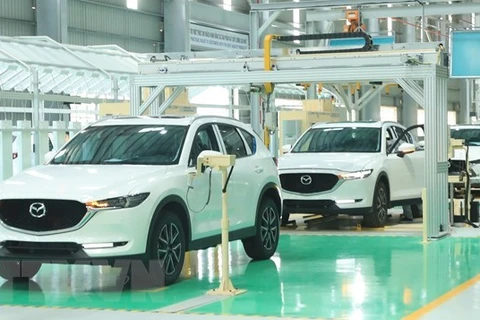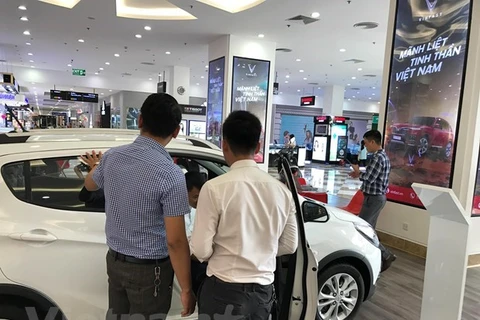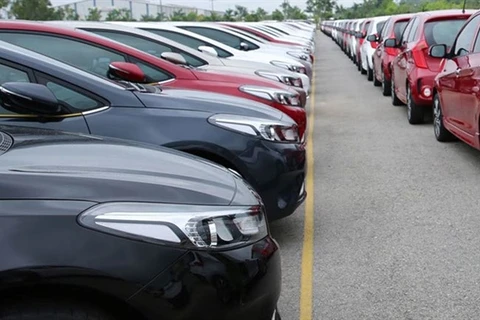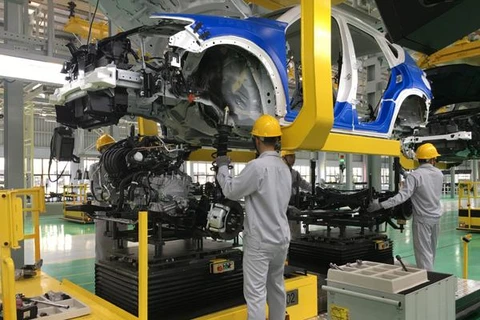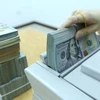Hanoi (VNS/VNA) - More than half a billion dollars in tax returns have been awarded to firms since 2017 in a bid by the Government to boost the country's auto industry and supporting industry, according to deputy director of the General Department of Vietnam Customs Luu Manh Tuong.
The tax incentives are in line with Government Decision 57/2020/NĐ-CP, a policy package aimed at bolstering the development of the auto industry in the next four years, he said.
While the tax returns may have hurt the State's budget collection in the short run, the benefits of growing the auto and supporting industries would be more than enough to make up for it in the near future. The incentive was said to have secured more jobs, attracted more foreign investment and created a ripple effect in the development of the country's industrial sector.
Nguyen Trung Hieu, a representative from the Vietnam Automobile Manufacturers' Association (VAMA), said the policy package gave the auto industry a much-needed boost to catch up with the competition in Southeast Asia.
Hieu said the auto industry remained a large contributor to the State's budget with billions of dollars in revenue and also employed hundreds of thousands of workers.
Luong Duc Toan, deputy head of the department of industrial manufacturing under the Ministry of Industry and Trade, said the auto industry had seen major leaps forward in recent years. By the end of 2019, Vietnam was home to more than 40 auto manufacturers with several world-leading brands including Ford, Mercedes and Toyota. Domestic production had been able to supply up to 70 percent of local demand for nine-seater or smaller vehicles while made-in-Vietnam products had found their way to markets in the region such as Thailand and the Philippines.
However, there were still shortcomings in the auto industry, Toan said, as the industry remained entirely dependent on a few global corporations. In addition, domestic firms possessed no technologies for the production of key auto parts such as engines, control systems and transmission gears.
As a direct result of the absence of a large network of auto parts suppliers, Vietnam’s localisation rate was poor compared with other countries in the region./.
VNA

